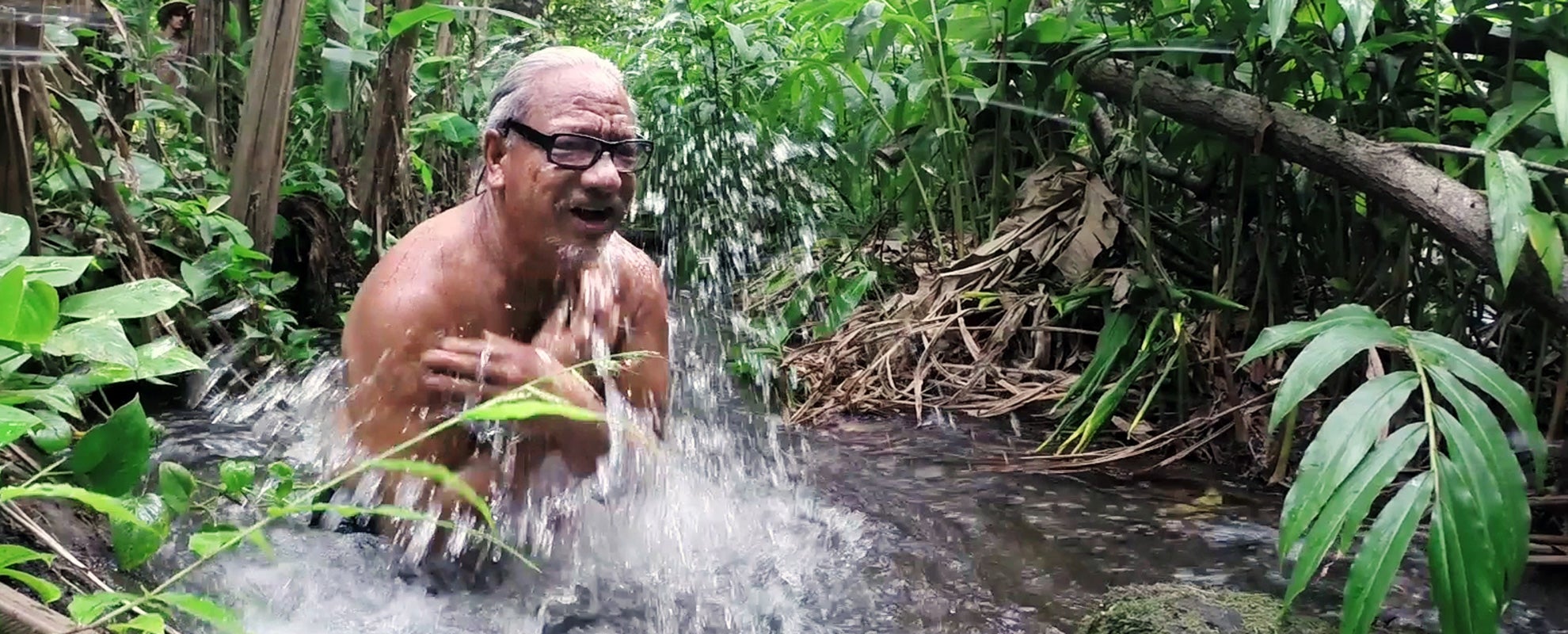Hawai‘i Water Commission Issues Historic Decision on Maui's “Four Great Waters”
Community groups flag concerns on further corrections and improvements needed
Contact
Late yesterday, the Hawai‘i State Commission on Water Resource Management issued a historic decision in the long-running legal battle over the stream flows of Nā Wai ‘Ehā, Maui’s “Four Great Waters.” The 362-page decision, the most comprehensive ruling on water rights in Hawai‘i’s history, implements a new system for protecting and managing stream flows and reversing the ecological and cultural harms of Maui’s plantation past. But Maui community groups Hui o Nā Wai ‘Ehā and Maui Tomorrow Foundation, who started this legal action 17 years ago to restore Nā Wai ‘Ehā stream flows diverted by plantations for 150 years, are expressing concerns about key parts of the decision they are hoping can be clarified or improved.
“Hui o Nā Wai ‘Ehā would like to express our appreciation to the Commission for its work on the decision, as well as to all the Nā Wai ‘Ehā community members and supporters for their steadfast commitment, patience, and tireless work throughout this 17-year journey,” said Hokuao Pellegrino, President of Hui o Nā Wai ‘Ehā. “Unfortunately, we are concerned and disappointed with some key parts of the decision. These include a number of oversights in allocating too much water to several big diverters, while restoring little or no flows to Nā Wai ‘Ehā streams even though the closure of Hawaiian Commercial & Sugar Company in 2016 should allow much more water to be returned.”
The Commission’s final decision corrected several basic legal errors on traditional water rights in the hearings officer’s proposed decision and recognized the priority rights of Native Hawaiian community members, many of whom have lived on and farmed their lands for generations. But the decision did not also take the opportunity to restore more stream flows after the close of the HC&S plantation, leaving the streams at around the same flow levels previously set in 2014, while the company was in full operation.
“We thank the Commission for its hard work on the final decision, which included important corrections on the legal priorities for water rights,” said Earthjustice attorney Isaac Moriwake, who has litigated the Nā Wai ‘Ehā case on behalf of the community groups over its 17-year duration. “It seems some additional work and corrections are still needed to ensure this landmark decision does justice to the hard work from the community for almost two decades, and the monumental importance of the case for generations to come. We can truly restore Nā Wai ‘Ehā and turn the page on Maui’s plantation-era water diversions.”
The Commission’s decision is the most comprehensive, top-to-bottom adjudication of water rights in Hawai‘i history, combining the determination of mandated instream flow levels with the issuance of permits for every user of Nā Wai ‘Ehā stream water. It is being looked to as a model for the comprehensive management of water resources under the public trust after the plantation era.
Map of The Four Great Waters.
The case previously went to the Hawai‘i Supreme Court, which ruled in 2012 that the Commission violated the law for failing to protect public and Native Hawaiian rights to flowing rivers and streams. In 2014, a historic settlement restored continuous flow to all four of Nā Wai ‘Ehā for the first time in 150 years.
After the closure of HC&S in 2017, the community groups initiated further legal action to restore more stream flows to Nā Wai ‘Ehā, since the plantation had used 80% of the diverted flows to cultivate water-intensive sugar crops. Currently, the main diverters of Nā Wai ‘Ehā water are Mahi Pono, the company that bought the former HC&S agricultural lands, and Wailuku Water Company, a former plantation company that sold off its agricultural lands to developers and is now in the business of selling diverted stream water to the public.
One of the oversights that the community groups has identified in the decision involves the Commission granting Mahi Pono far more water than the amount that both the community groups and Mahi Pono agreed should be allocated in a joint settlement and stipulation the parties submitted during the closing arguments before the Commission in November 2019.
“We’re hopeful that we can work out these important fixes and avoid more twists and turns including appeals,” said Pellegrino. “After 17 years of carrying this case to this point, we can do better for our streams as well as for present and future generations who live and farm in Nā Wai ‘Ehā.”

Additional Resources
About Earthjustice
Earthjustice is the premier nonprofit environmental law organization. We wield the power of law and the strength of partnership to protect people's health, to preserve magnificent places and wildlife, to advance clean energy, and to combat climate change. We are here because the earth needs a good lawyer.